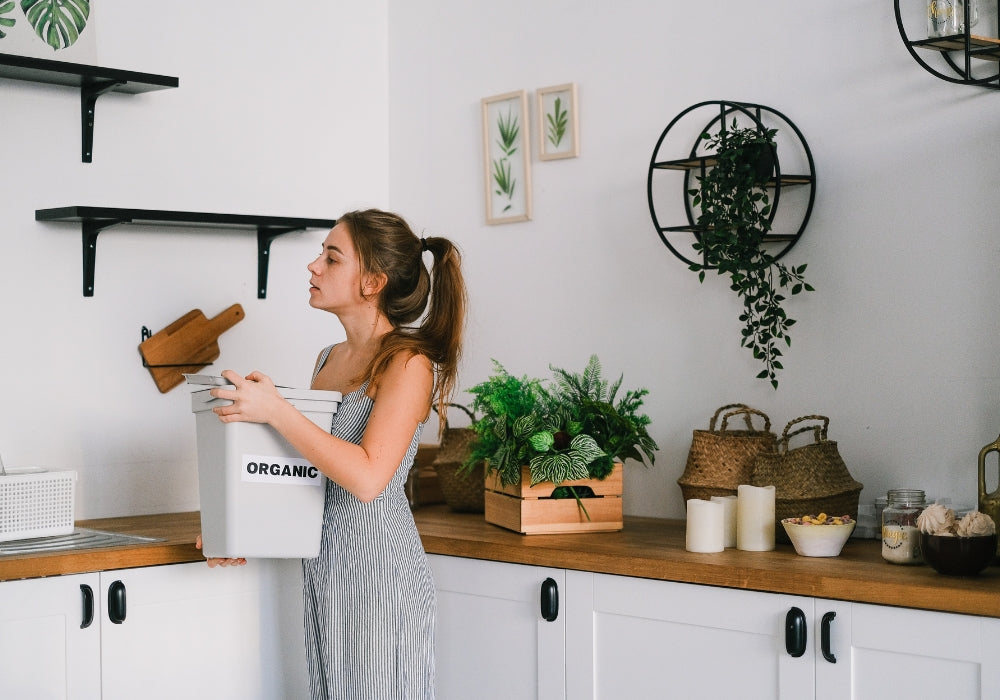
Does “plant-based” mean compostable?
No! Please be aware when purchasing bio-plastic products such as kitchen tidy bags that there’s an array of materials and compositions on the market.
If you’re wanting to buy a caddy or bin liner to fill with food scraps, and either compost at home or put out for kerbside collection, then you’ll need to use a certified home compostable bin liner.
To verify that a product is compostable look out for one of these reputable certification marks:

Lots of food packaging products currently available in New Zealand are only commercially compostable. This means that they will break down in an industrial environment that is kept at high temperatures for a number of months – but not necessarily in a home compost bin.
Look for products with the above home compostable marks to ensure your packaging will break down adequately regardless of the compost environment that it ends up in (note: all Ecopack compostable products are certified for home composting).
When a bag is labeled “plant-based” it simply means that it contains bio-resins derived from a natural source (usually sugarcane, casava or cornstarch). Although the plant-based component of the bag is renewable material it doesn’t have any bearing on how the product should be disposed.
Plant-based does not make it compostable. Unless it’s certified compostable, it will still need to be disposed of in general waste and end up in landfill.

